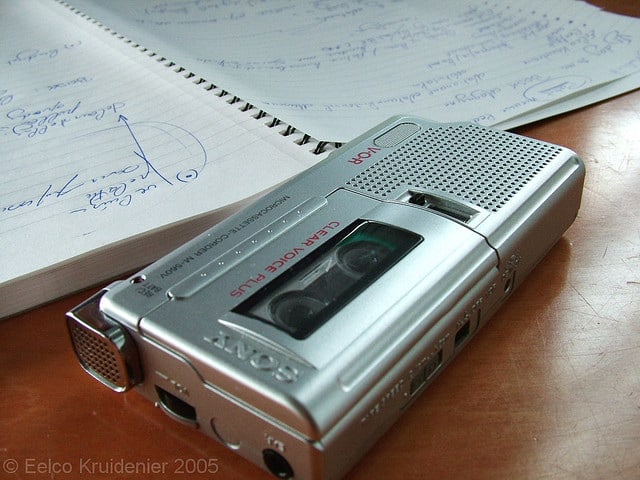
While getting a job is the ultimate goal of any interview, it’s not the only good thing that you can get out of it. While you are shaking hands, answering questions and sizing up the company and potential employers, imagine all that you are learning! After an interview ends, there are several things you can do to help your career ambitions.
Read on to learn some tips on what to do when the interview is over.
Send a Thank you Letter that says the Right Things
Before we look to the next interview, let’s close out the interview you just had. Everyone knows that you should send a brief letter outlining your gratitude for the interview, but here a few brief tips on things to avoid, according to Miriam Salpeter in What Not to Say in a Thank You Letter after an Interview:
- Don’t make it too generic or short. Mention two specifics said in the interview.
- Don’t just say you believe your qualifications are perfect for the job. Back it up with specific proof.
- No typos and spell the interviewer’s name correctly.
- If there has been a delay in sending the thank you, don’t call attention to it. It makes you appear like you do not have time management skills.
- Never send tokens of appreciation.
- Never call to thank an interviewer for an interview.
Perform an Interview Autopsy
According to Lisa Quast, Here’s What to do After the Job Interview is Over, it’s important to write down almost everything you can remember about the interview and the event leading up to it. Just as important is to do as soon as is possible to get to most out of it.
“Most people will forget up to 73% of what we learned within one to two days of hearing it,” Quast relates.
Write down everything from the documents the interviewer requested that you have or didn’t have to the issues that came up during the discussion. Look at your daily routine leading up to the interview. Ask yourself what you would have done differently and what you thought you did well. Really get as in-depth as you can because all these things can help you prepare for your next interview.
Maybe it will help you realize you ramble when you answer. Maybe drinking coffee prior to the interview caused jitters. Or, maybe you did not prepare enough copies of references, or didn’t bring any at all. And, you might find out that your strong at describing your job skills and should be steering interviews answers to that subject. It seems simple, but it can be an invaluable exercise.
Remember the Tough Questions
This is especially important, says Karen Flowers, in 5 Things You Need to Do After the Interview. It’s not what you say but how you say it. So, remembering those questions that tripped you up can help you prepare to handle them in the future.
Don’t Stop your Job Search
As Flowers writes, “It’s not over till it’s over. An interview does not guarantee you the job. So until you receive that phone call congratulating you for being chosen to work for the company, continue sending those resumes.”